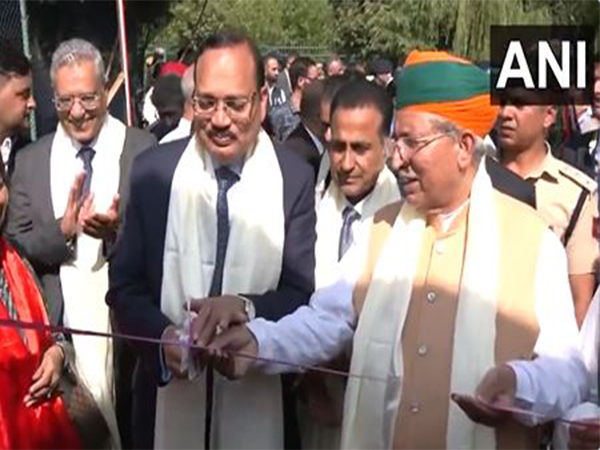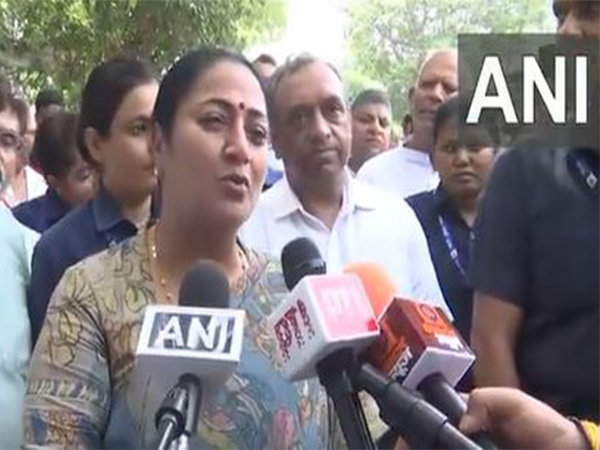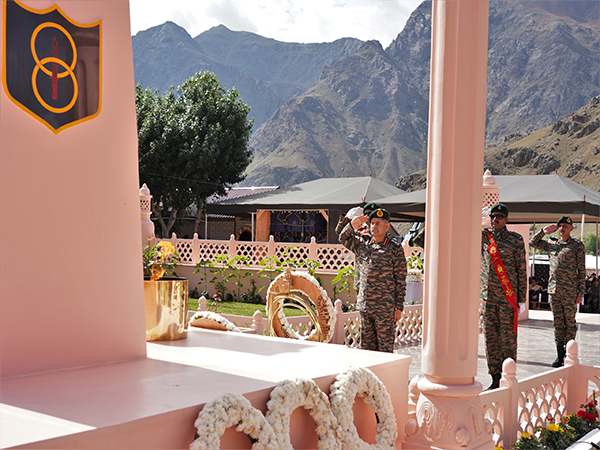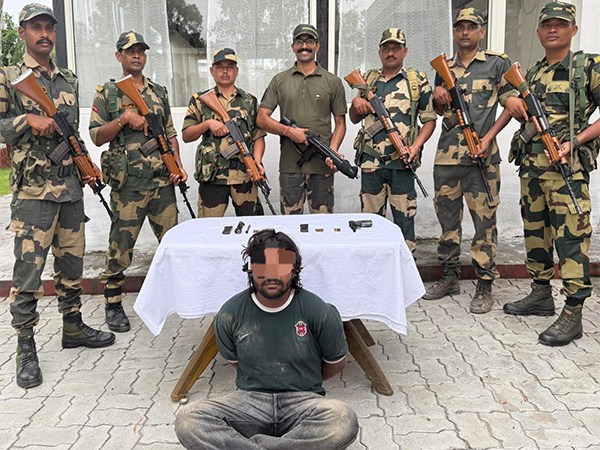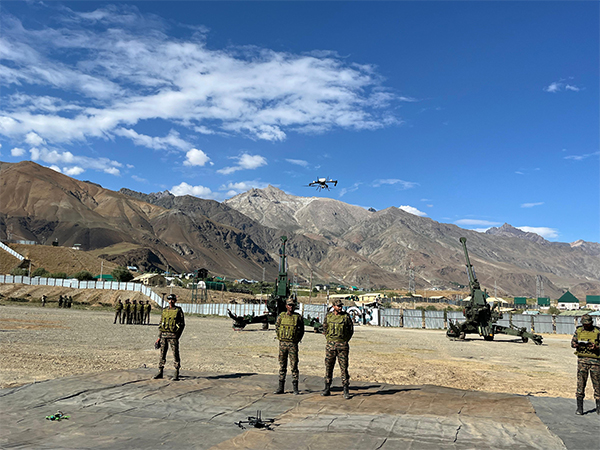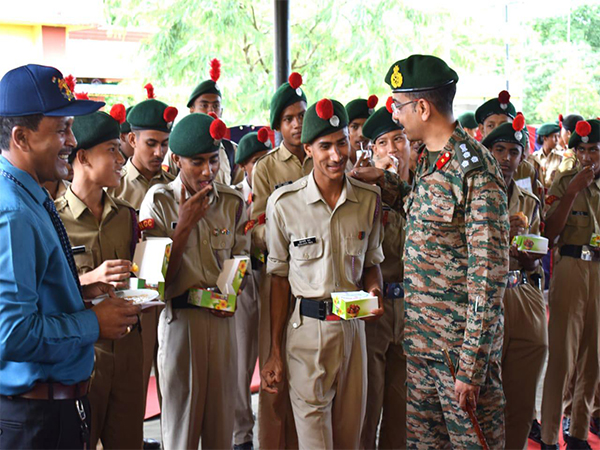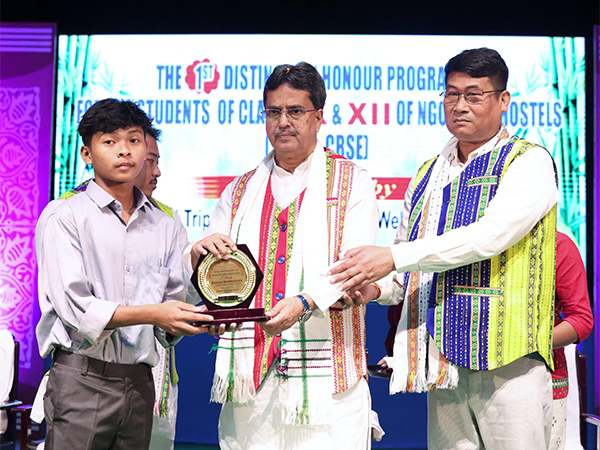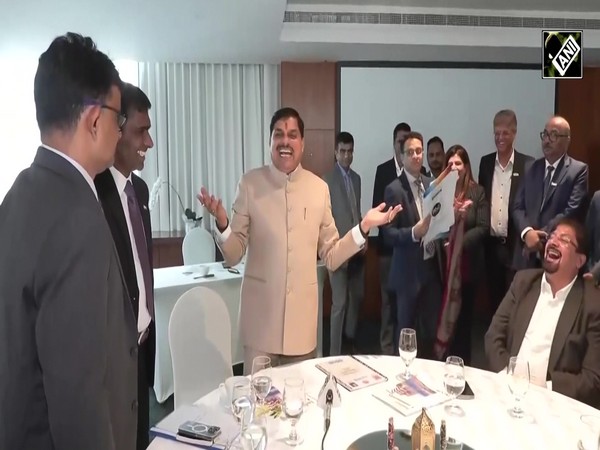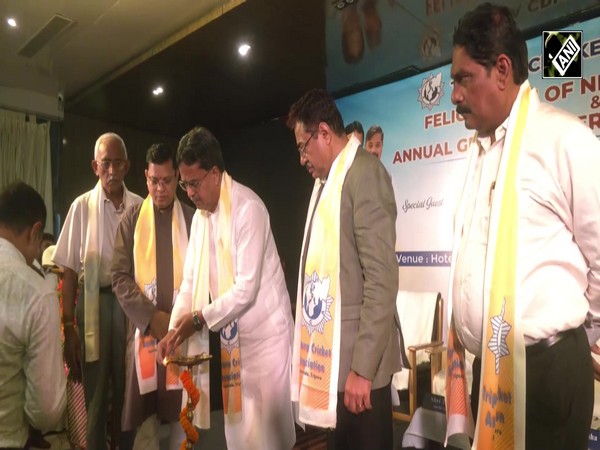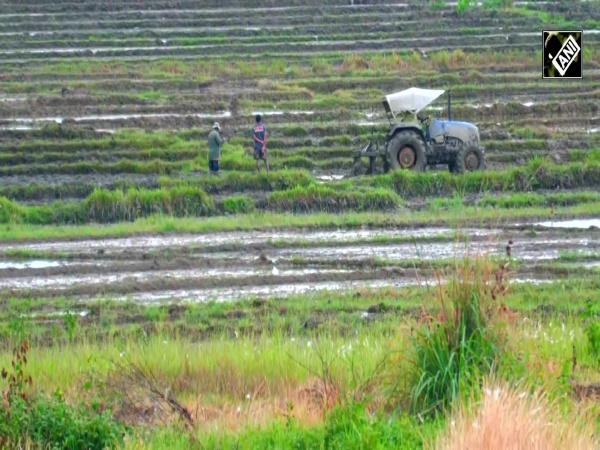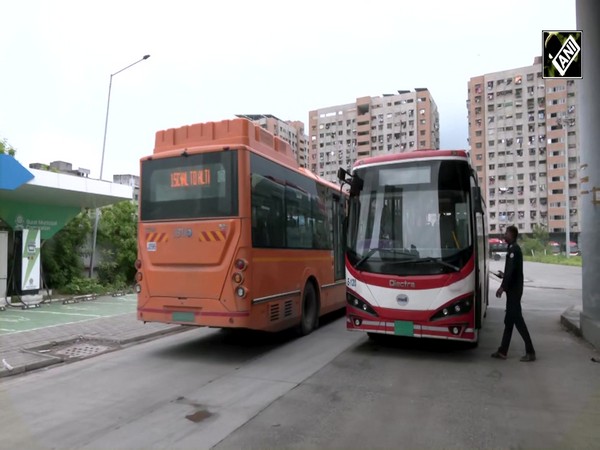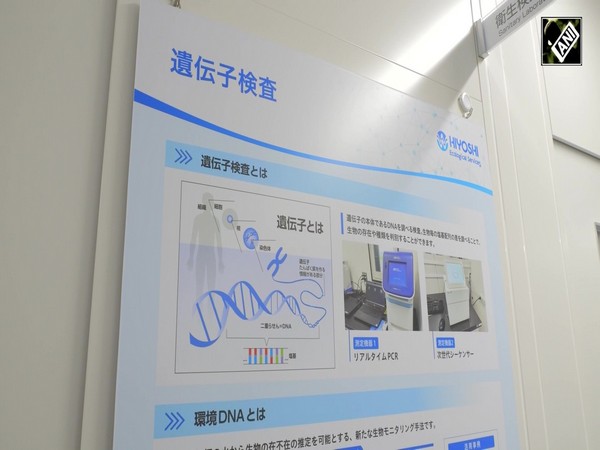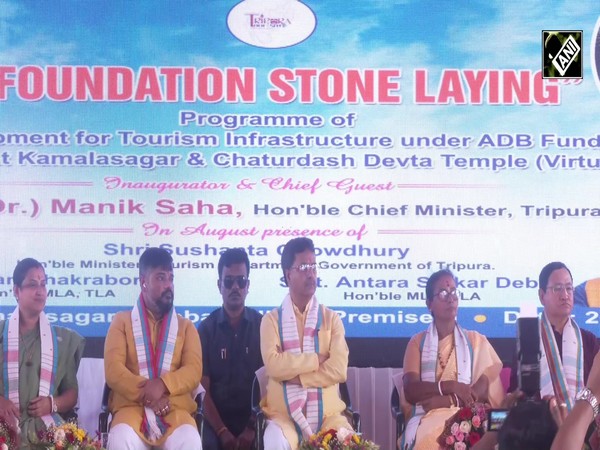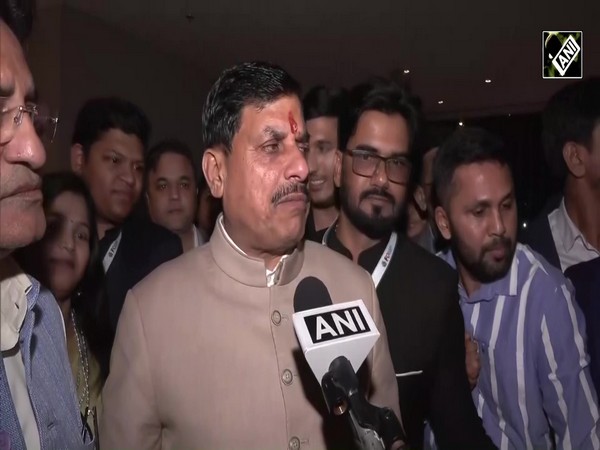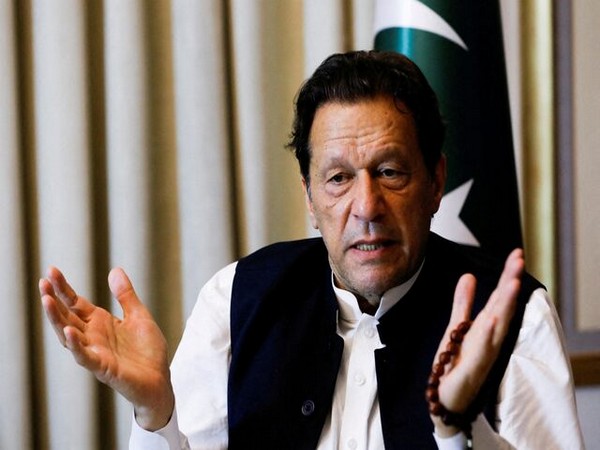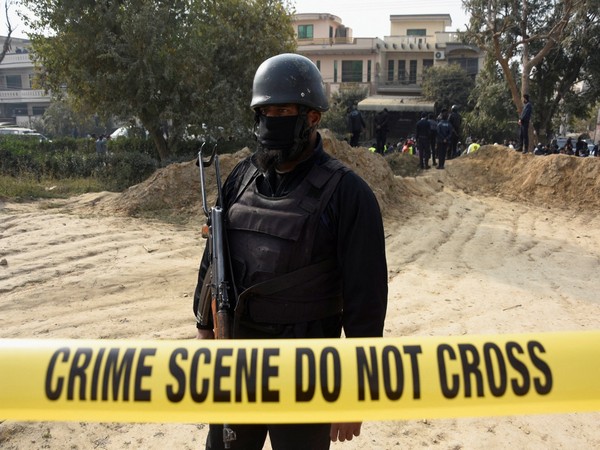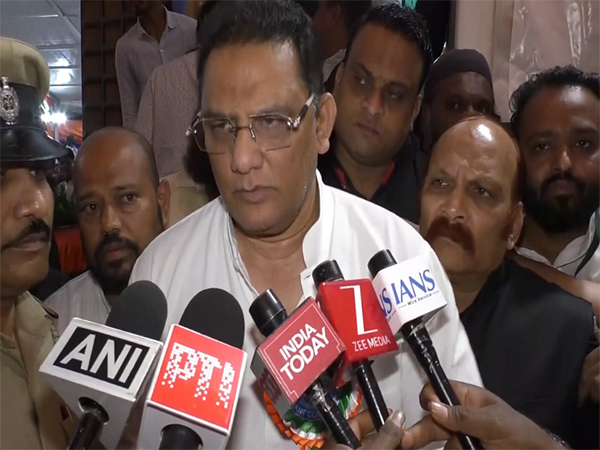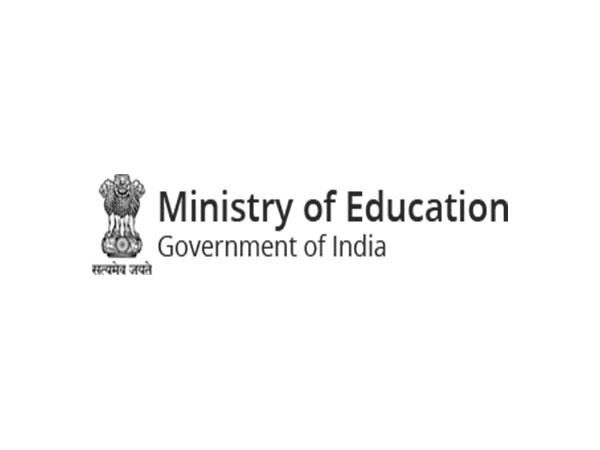
Bhartiya Bhasha Pustak Scheme set for rollout in coming months, approval pending
Jul 26, 2025
By Shafali Nigam
New Delhi [India], July 26 : The much-anticipated Bhartiya Bhasha Pustak Scheme is expected to be rolled out in the coming months, with groundwork already complete and formal approval currently pending, sources in the Education Ministry confirmed on Saturday.
Announced in the Union Budget 2025, the scheme aims to make digital textbooks available in Indian languages for students at both school and higher education levels. According to sources, the initiative will be implemented centrally and will cater to a wide array of academic disciplines and courses.
"At the central level, a comprehensive exercise covering various fields of study and courses has not yet been conducted. However, this will begin in the coming few months. The initiative has already been announced in the budget. The data has been compiled, and the scheme is currently awaiting formal approval. The rollout will be primarily digital. Those who require printed copies can produce them as needed based on their specific requirements," a source said.
This initiative is rooted in the vision of the National Education Policy (NEP), which emphasises the use of Indian languages in education. The source in the know of the matter said that a countrywide mapping exercise has already been undertaken to identify the courses offered in higher education institutions and the core textbooks associated with them.
"For each of these courses, we have also mapped the main textbooks in use. On average, there are at least two to four core textbooks associated with every course," a source said. Citing an example, the source added, "Take, for example, mechanical engineering. If there's a course on machine design within the curriculum, and it's taught over one semester, we plan to create at least four textbooks in that specific Indian language for that course."
Initially, the development of textbooks will be done in the official language of the state where an institution is located, but students from other linguistic backgrounds studying there will also be accommodated.
"The work on this initiative is about to begin. The preparatory groundwork has already been completed, and we are now in the process of moving the scheme forward for official approval. The school-related work in this will be done by NCERT," the source added.
Clarifying the scope of the scheme, the official noted that it is not designed to introduce new academic programs. "This initiative does not involve the introduction of new courses. Instead, it covers all existing courses at the undergraduate (UG) and postgraduate (PG) levels. At the UG level, this includes courses across disciplines such as Arts, Commerce, Science, Law, Agriculture, and Medicine," the source said.
The effort is being spearheaded by the University Grants Commission (UGC) and the Bhartiya Bhasha Samiti under the Ministry of Education. A comprehensive list of university courses across the country has already been compiled.
Sources emphasised that the scheme will be demand-driven, with languages selected based on regional linguistic needs.
"For example, take NIT Manipur. Currently, teaching happens in English, and 50 per cent of the students are also from Manipur because the structure of NIT is like that. If students request textbooks in Manipuri, the content won't just be translated into Hindi--it will be made available in Manipuri through translation from English," the source explained.
Beyond translation, the initiative will also focus on creating original content.
"It's not necessary to only translate existing books. While widely recognised and authoritative texts will be translated, if there is a renowned local author in a particular language, they can also write original textbooks in that language," the source added.
In cities like Delhi, where linguistic diversity is high, the range of available languages may include all 22 scheduled Indian languages. Conversely, in states like Tamil Nadu, the selection will be more focused. "On the other hand, in a state like Tamil Nadu, if instruction in a university is conducted only in English and Tamil, then textbooks will be prepared only in those two languages. This model is entirely demand-driven and based on the linguistic needs of students in each region," the source said.
With preparations well underway and approvals anticipated soon, the rollout of the Bhartiya Bhasha Pustak Scheme marks a significant move toward linguistic inclusivity and accessibility in Indian education.
